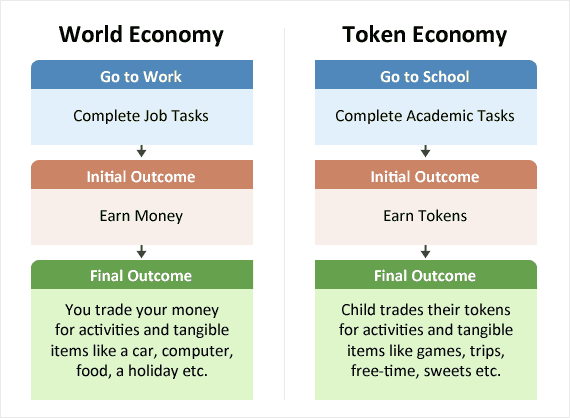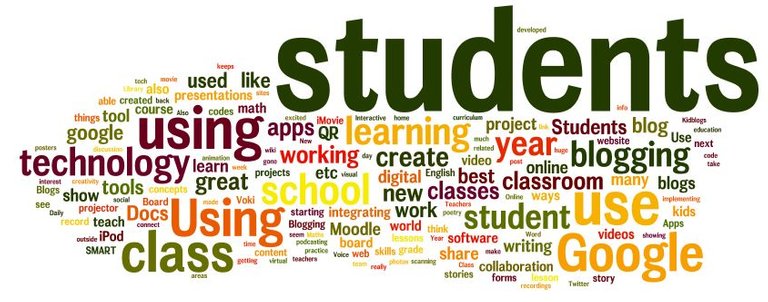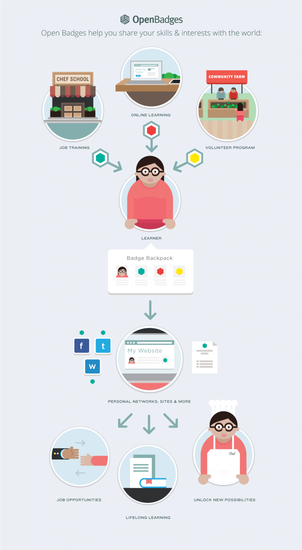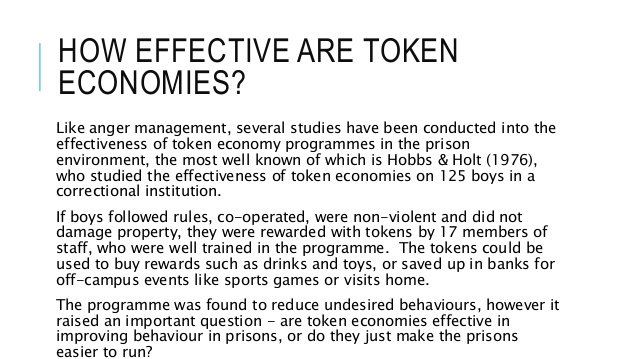
SMART Media Tokens & Incentivized Credential Learning

Proof -of - Brainly raises $14 million for its Quora-for-kids education tech
It may not be as cool as Elon Musk building a rocket ship to Mars, but every day 100 million kids ages 12 to 18 are using Brainly to ask and answer homework questions.That simple service, at that massive scale, has convinced a new investor to commit another $14 million to the company as it seeks to expand its presence further in the U.S.So far, Brainly has raised cash from investors including Naspers, General Catalyst, Point Nine Capital, and Runa Capital. And now the investment firm Kulczyk Investments is adding its capital to the mix.

Brainly already has 10% of the market of kids in that age group, using the company’s Quora-like service to help each other learn. And while homework and education may not be autonomously driven electric cars, it will be the toolkit that trains the next generation of engineers who will build them.
So far, Brainly has raised cash from investors including Naspers, General Catalyst, Point Nine Capital, and Runa Capital. And now the investment firm Kulczyk Investments is adding its capital to the mix.
Most of Brainly’s growth so far has been outside of the U.S., which only accounts for about 8 million of the company’s over 100 million users. The company’s user base hails from 35 different countries using its Quora-like question and answer service in 12 different languages.The company has raised $38.5 million to date.
Show Your Skills with a Graphical Badge of Accomplishment
![]()
Welcome to a new world of innovative learning. Previously, teachers assessed students' skills, knowledge, and ability through the use of a standardized test, objective quiz, or written composition. As a result of this practice, students' grades documented on school transcripts or report cards correlated fundamentally to performance on an assessment rather than actual mastery or application of skills.
How do parents, teachers, universities, and prospective employers translate a posted grade to a defined set of skills or knowledge obtained by the learner? The answer? "Open-Badging," a progressive form of open assessment poised to change the way credentials are provided in all learning environments.

Open-Badges presents learners with opportunities to display their skills online through a variety of modes, including social media, ePortfolios, and digital resumés. This skill verification is portable and highly visible to stakeholders, employers, and potential clients. Moreover, Open-Badging aggregates all of the learners' experiences and displays these in a manner to encourage employment, increase personal and professional learning communities, and open new possibilities for instruction and general mastery.

Badges Used in Professional Development
While challenges remain regarding the implementation of badging and the acceptance of the concept, this platform has the potential to alter the educational environment for the next generation of learners. In an article by Learning Solutions Magazine published by the eLearning Guild, credibility and reliability are two main issues with the acceptance of badging. The organizations willing to offer badges will need to also consider the ability to securely distribute the badges to worthy learners, as well as ensure an objective, consistent process of verifying badges exists.
Georgia Virtual Learning feels strongly that Open-Badges affords an opportunity for learner motivation, growth, and accountability. The Teaching Open-Online Learning (TOOL) site launched as a method of providing quality professional development for educators seeking to increase their skills and knowledge of online learning in this ever-changing, digital world.
The first Open-Badged based course, Teaching Effectively Online, will focus on mastering concepts necessary to be successful educators in an online environment.
